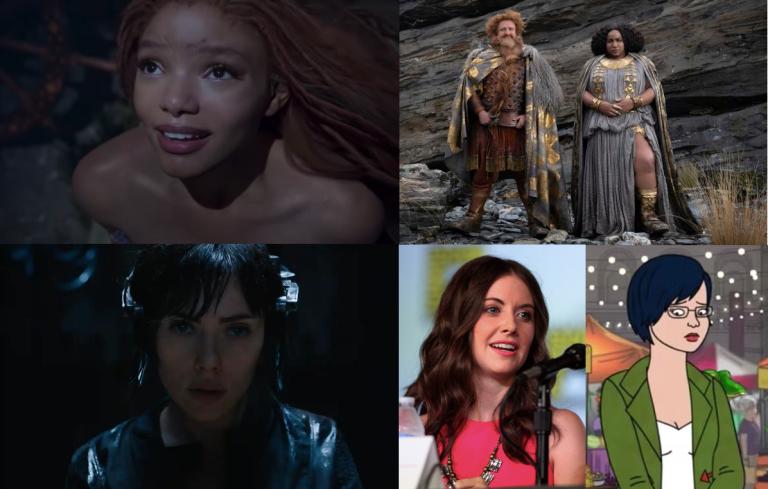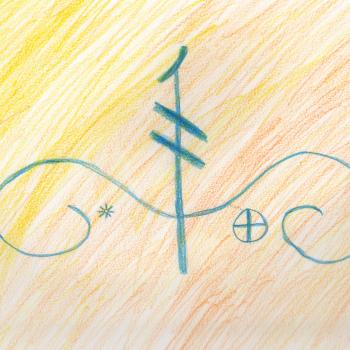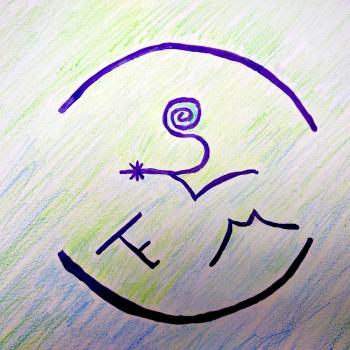Your destiny in the afterlife won’t depend on
your opinions about TV show casting
My mom is a big fan of the Sean Connery James Bond movies. She had read several of the novels before she saw any of the movies, and she says that Connery looks exactly like the character she saw in her head when she was reading.
We might dispute her choice of Connery as the best Bond actor, and we might legitimately argue about whether he does or does not fit the description given in the novels. But no one would suggest that Mom’s opinions about this casting decision have moral content.
Let’s contrast that with an opinion recently tweeted by Fr. Stephen Vrazel (@KeytarCatholic):
When you come before God and explain to him how you defended racial purity in video adaptations of Tolkien’s works, he will say to you:
Why?
Fr. Vrazel’s wording — “racial purity” — seeks right away to conflate an opinion about TV series casting with a moral or political stance. But it cannot be inferred that someone who envisions fantasy creatures inspired by European mythology as having skin tones which we would code as “white”, and prefers adaptations that match that image in their head, is racist.
Let me be clear about my own opinion. In general, I have no objection to mermaids, elves, hobbits, anthropomorphic personifications of cosmic forces, et cetera, being played by actors of all racial and ethnic backgrounds. I’m also fine with animated characters being voiced by actors of all racial and ethnic backgrounds, if you remember when we were supposed to get outraged over the identarian characteristics of voice actors a while back.
Now, certainly there are stories where the way a character looks, and would be ethnicized or racialized by others, is a significant part of the plot. You wouldn’t have a black actor play Abraham Lincoln or a white guy play Martin Luther King, except perhaps in some deliberately experimental work.
Even some fantasy stories fall into that category: Ursula K. LeGuin was justly upset when an adaption of her Earthsea novels ignored a fundamental piece of her world-building and “whitewashed” the hero. (And it’s not all they ignored.) And the ethnic background and appearance of a hero in a science fiction story set in our world’s future, like Star Trek’s Lt. Uhura, can be a meaningful statement about directions we should or shouldn’t take.
But many other cases involve such copious suspension of disbelief that it renders secondary characteristics of the actors like skin color irrelevant, and lets us focus solely on their performance. Much fantasy, all animation, and many stage plays (especially of “classic” works), fall into this category. In a Tolkien adaptation, an animated film, or a performance of Shakespeare, we have an opportunity to more purely enjoy the craft of the actor — which is to become, for a moment, someone different than who and what they are.
So I don’t agree with those who are disappointed about the appearance of actors in works far from reality, whether that be black mermaids in a Disney musical or white cyborgs in a live-action adaption of a classic anime. Let actors act.

But that’s a judgment about art. Not about morals or religion.
It’s a hell of a stretch to go from “Joe Blow believes that fantasy creatures created by such-and-such European author were envisioned by their creator as having European features [which may or may not be true in various cases] and so should be portrayed today by people with European features [with which I disagree]” to “Joe Blow will be called to answer by the gods for racism.”
However much sophisticates like you and I, dear reader, may find them puerile, people’s opinions about art just don’t have that much moral significance.
When, in the far far future, I die and (metaphorically speaking (?)) Anubis puts my heart on that scale opposite Maat’s feather, my takes on artistic issues will not be what weighs it down. Other questions will be much more important in that moment.
Did I draw the right boundaries with my alcoholic brother? Did I do enough to support my parents though their difficulties? Was I as patient as I should have been with the kids I taught, and did I help put them on the right path? Did I speak out when I saw actual bigotry or abuse? Did I refrain from narcissistic scolding of those I disagreed with? Was I sufficiently charitable? Did I do enough to oppose war and violence? Was I good to my dogs?
I am fairly certain that, should my life ever be judged by the gods, these questions will be a hell of a lot more important than my take on how elves in a TV series should look. So, please: let’s not extend our culture war into the afterlife.

















